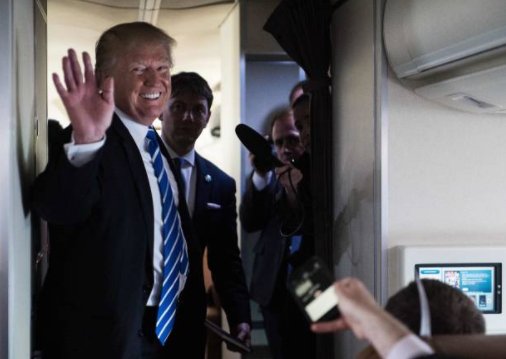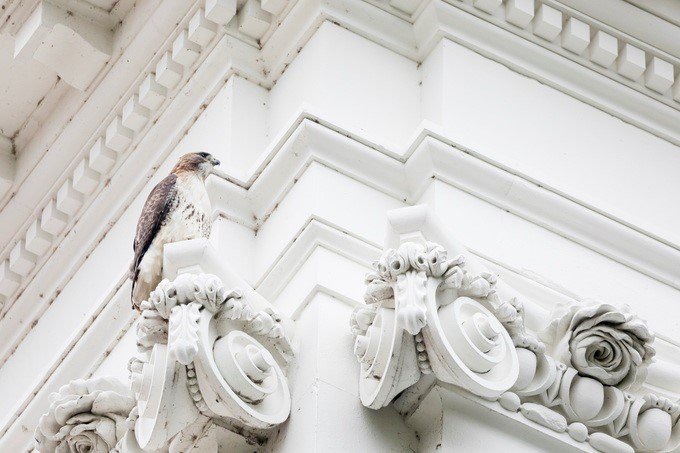@drawandstrike @HNIJohnMiller @catesduane @rising_serpent @almostjingo @tracybeanz @TheChiIIum @hfinch63 @Quodverum_ @headsnipe01
dod.defense.gov/News/Transcrip…
Madame Minister?
SECRETARY AJAY KUMAR: I'm Ajay Kumar, secretary of defense for (inaudible).
(UNKNOWN): I'm (inaudible)
(UNKNOWN): I'm (inaudible) Embassy.
(UNKNOWN): Secretary of defense (inaudible)
SEC. MATTIS: Very good.
(UNKNOWN): (inaudible), Your Excellency. I'm the additional secretary in the Ministry of Def.
SEC. MATTIS: And we'll introduce our side. Ambassador?
***This is a fun read isn't it?***
SEC. MATTIS: All right.
SECRETARY JOHN ROOD: John Rood, undersecretary of defense for policy.
LIEUTENANT GENERAL CHARLES HOOPER: Lieutenant General Charles Hooper, director of the Defense Security Cooperation Agency.
SECRETARY MICHAEL GRIFFIN: Michael Griffin, undersecretary of defense for research and engineering.
SECRETARY JOE KERNAN: Joe Kernan, undersecretary of defense for intelligence.
(CROSSTALK)
Thanks very much, ladies and gentlemen.
(UNKNOWN): Thank you.
SEC. MATTIS: Thank you.





